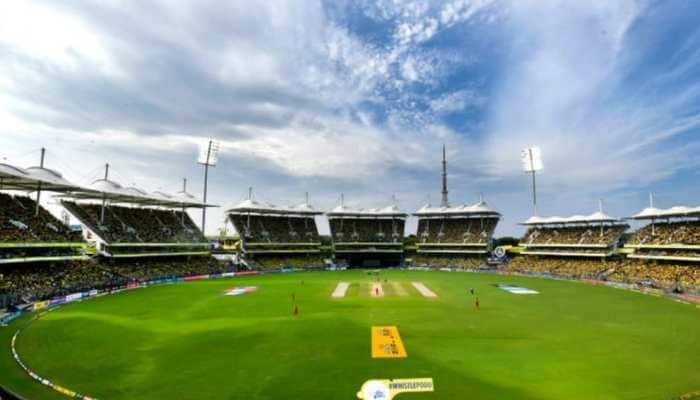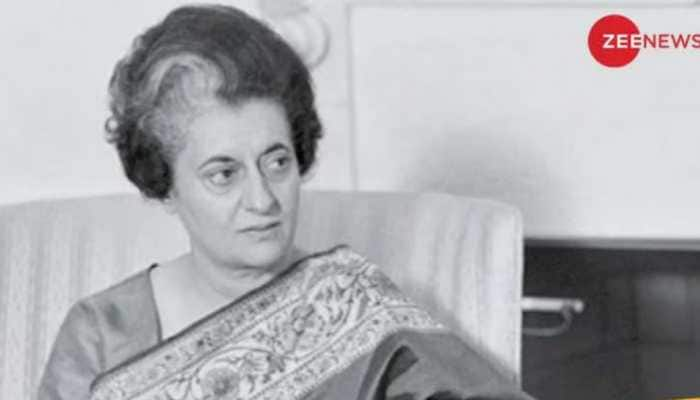From Overeating To Food Sensitivities: 9 Reasons For Bloating After Dinner
Bloating after dinner is common and can make you feel uncomfortable. Understanding the causes can help you find ways to prevent or relieve it.
- Bloating after dinner is a common problem that can happen for several reasons.
- The causes and making some changes to what and how you eat, you can reduce the chances of feeling bloated.
- In the meantime, taking your time with meals, opting for lighter foods, and managing stress can make a big difference in how comfortable you feel after dinner.
Trending Photos
) freepik
freepik Feeling bloated after dinner is something a lot of people go through. It can make your stomach feel overly full, gassy, or a bit swollen. While it's usually not a big deal if it happens occasionally, dealing with frequent or intense bloating can really affect how you feel each day. Knowing why this happens after meals can help you find ways to ease or prevent it.
Here are nine common reasons you might experience bloating after dinner:-
1. Overeating
A simple reason for bloating is just eating too much. When you fill your stomach too much at dinner, it can stretch and cause discomfort. If you’re having a lot of heavy or rich foods, your digestive system can struggle to keep up. Your body needs some time to break down food, and when it’s overloaded, it can create extra gas, making you feel bloated.
2. Eating Fatty Foods
Foods that are high in fat, like fried items, fatty meats, and rich sauces, can slow down digestion. This means your stomach stays full for longer, which can create gas and bloating. Fatty foods can also trigger the gallbladder to release bile, which might irritate your digestive tract and add to the bloating.
3. Eating Too Quickly
When you rush through your meals, you might swallow air along with your food. This air can build up in your stomach and cause bloating. Plus, if you don’t chew well because you’re eating fast, your body has a harder time breaking down the food, which can lead to gas and bloating.
4. Meals High in Salt
Foods that are salty, like processed meats, canned soups, and snacks, can make your body hold on to extra water. This can leave you feeling heavy and bloated. If your dinner is particularly salty, your body might retain too much sodium, making you feel swollen afterward.
5. Carbonated Drinks
Many people enjoy fizzy drinks with their meals, but sodas, sparkling water, and beer can introduce gas into your digestive system. As the bubbles move through your stomach, they can lead to bloating and discomfort. If you find this bothers you, it might be better to stick to non-carbonated drinks during dinner.
6. High-Fiber Foods
Fiber is an important part of a healthy diet, but if you eat a lot of it at dinner, it can cause bloating. Foods like beans, lentils, broccoli, and whole grains are great sources of fiber, but some people find them hard to digest. If the fiber isn’t broken down, it can ferment in your gut, producing gas. If you’re not used to eating a lot of fiber, try to gradually add it to your diet to help your body adjust.
7. Food Intolerances
If you have issues like lactose intolerance or gluten sensitivity, they can be a big reason for bloating. Your body might not digest certain foods well, leading to discomfort and gas. For instance, if you eat dairy and you’re lactose intolerant, you might experience stomach cramps and bloating. Recognizing and avoiding foods that upset your stomach can help with bloating.
8. Irritable Bowel Syndrome (IBS)
IBS is a long-term digestive disorder that can lead to symptoms like gas, diarrhea, and constipation. Many people with IBS notice bloating after eating, especially if they have larger meals or foods that trigger their symptoms. If you think IBS might be part of your bloating issues, it’s a good idea to talk to a healthcare professional for guidance.
9. Stress and Anxiety
Your mental state can also play a big role in how your digestive system works. Stress and anxiety can lead to bloating, indigestion, and other stomach issues. If you feel stressed after dinner, it could affect how your body digests food, causing discomfort. Trying relaxation methods like deep breathing, meditating, or taking a short walk after dinner can help ease some of that tension.
Bloating after dinner is a common problem that can happen for several reasons, from overeating and poor eating habits to specific health issues. By learning more about the causes and making some changes to what and how you eat, you can reduce the chances of feeling bloated. If this issue keeps happening or comes with other digestive problems, it’s wise to speak with a healthcare provider to rule out any serious issues. In the meantime, taking your time with meals, opting for lighter foods, and managing stress can make a big difference in how comfortable you feel after dinner.
(This article is meant for informational purposes only and must not be considered a substitute for advice provided by qualified medical professionals.)
Stay informed on all the latest news, real-time breaking news updates, and follow all the important headlines in india news and world News on Zee News.
Live Tv







)
)
)
)
)
)
)
)
)
)
